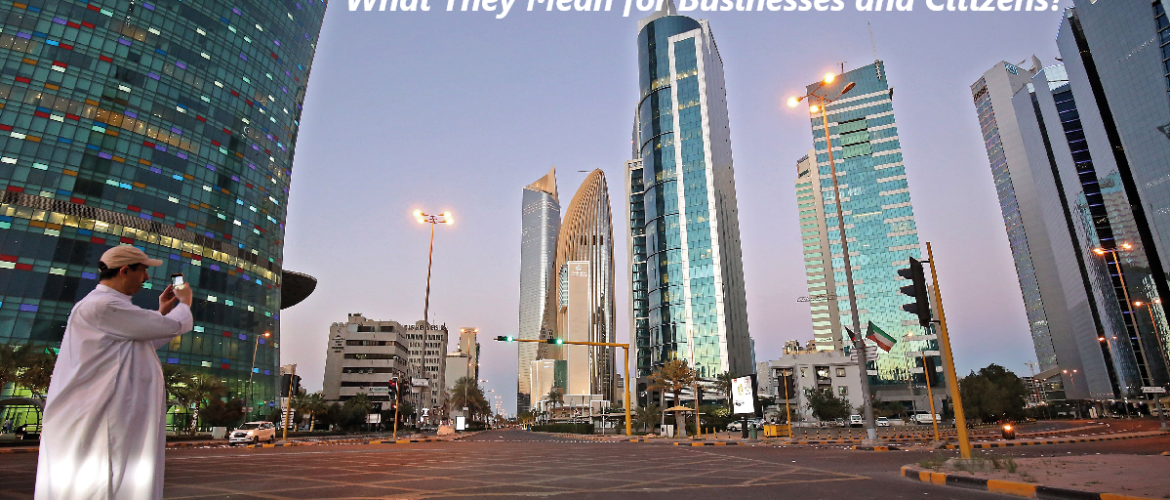Overview of Kuwait’s Recent Economic Reforms and Key Policy Changes
Significant economic changes implemented in Kuwait with the goal of diversifying the country’s economy and lowering its dependency on oil earnings. In order to improve the business environment and draw in foreign investment, the International Monetary Fund (IMF) has underlined the need for structural reforms. Rapid reforms that prioritize private sector expansion and fiscal stability have made possible by recent government moves, such as the dissolution of Parliament in May 2024. New corporate taxation, access to global debt markets, and a dedication to modernizing the financial industry are some of the major legislative reforms. Kuwait’s larger plan to shift to a more diverse and sustainable economy includes these policies.
Impact of Economic Reforms on Small and Medium Enterprises in Kuwait
It is anticipated that the economic reforms will have a major effect on Kuwait’s small and medium-sized businesses (SMEs). These measures seek to increase chances for SMEs, which are essential for economic diversification, by enhancing the general business environment. SMEs will probably gain from the government’s emphasis on improving liquidity management and financing accessibility, which will allow them to prosper in a more competitive environment. Furthermore, the money raised by the introduction of corporate taxes might put back into industries other than oil, which would help small firms even more.
How New Policies Affect Foreign Investment and Business Growth in Kuwait?
By improving the economic environment, Kuwait’s new policies aim to draw in foreign investment. The IMF has emphasized that strengthening the investment climate and bringing the labor market together should be the main goals of structural reforms. The implementation of increased corporate taxes is also viewed as a step toward conformity with global norms, which might make Kuwait more alluring to overseas investors. Foreign investment prospects in industries like technology, healthcare, and renewable energy are anticipated to increase as the government looks to diversify its revenue streams beyond oil, supporting the expansion of the nation’s business community as a whole.
What Kuwait’s Economic Reforms Mean for Local Citizens and Workforce?
The economic reforms bring opportunities as well as problems to the local populace. The goal of the government’s programs is to encourage Kuwaitis to look for work in the private sector instead of the public sector, which has historically provided lucrative compensation packages. The labor market may become more dynamic as a result of this change, but people may also need to adjust to a more competitive workplace. Additionally, as the economy diversifies, there will probably be new employment openings in developing industries, which will eventually help the workforce.
Future Prospects: The Long-Term Goals of Kuwait’s Economic Reform Plans
Kuwait’s goals for economic reform geared on long-term prosperity and sustainability. The administration is working to increase the efficiency of the public sector while cutting back on unsustainable public spending. Kuwait hopes to create a robust economy that is less reliant on oil earnings by putting into effect a comprehensive package of structural and fiscal reforms. Following recent leadership changes, political stability and efficient governance will be essential to the success of these programs. Kuwait, well-positioned to overcome its economic obstacles and open up new growth opportunities for both inhabitants and businesses because to its dedication to modernization and diversification.
[icon name=icon-star]Rate your experience with the Kuwait’s Latest Economic Reforms for Businesses and Citizens: (click on the stars below)
[yasr_visitor_votes]
